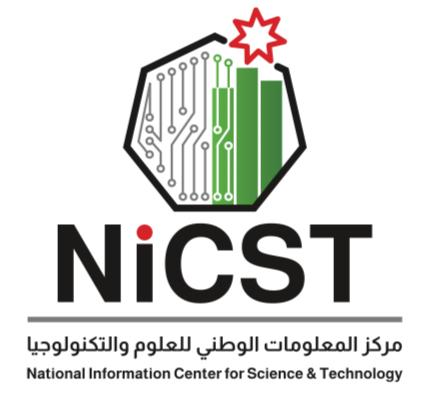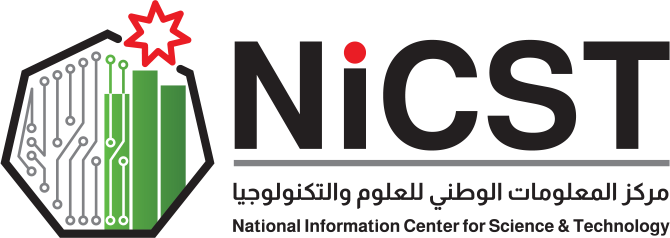
1. Introduction
This document is issued in accordance with Article (4) of the regulations governing the National Information Center for Science and Technology. The article defines the Center’s objectives in collecting, analyzing, and utilizing data related to science, technology, and innovation to support national development in all its forms. This policy sets out the strategic framework for the types of data the Center handles and their prioritization, with a clear emphasis on establishing a reference allocation for research data as part of the Center’s mandate.
2. Scope of the Policy
This policy covers all activities related to the collection, management, and integration of data at the Center. It includes research data, institutional data, indicators, geospatial data, and legislative information related to science and technology.
3. Strategic Assessment of Research Data
Based on Article (4) of the regulations—specifically paragraphs (a), (d), and (e)—and in line with global best practices adopted by national data centers, the following assessment has been established:
Research data is considered a top priority for the Center’s data collection efforts due to its critical role in advancing knowledge, supporting scientific research, and enabling evidence-based decision-making. This category of data includes:
- Data resulting from scientific experiments and survey-based studies.
- National academic data repositories.
- Data used in analytical models and scientific assessments.
- Data collected from universities, research centers, and government-funded projects.
This assessment is a core part of the institutional function of the Center in supporting knowledge and development, and it serves as a reference point for resource allocation and the development of national digital infrastructure.
4. Executive Recommendations
Develop a national infrastructure for hosting and managing research data in accordance with international best practices.
- Issue unified guidelines for integrating research data from universities and research institutions.
- Establish national and international partnerships with entities that produce or host scientific data.
- Promote open data principles by publishing research data in compliance with national regulations.
- Use this strategic assessment as a reference point for planning future technical projects and public data policies.

